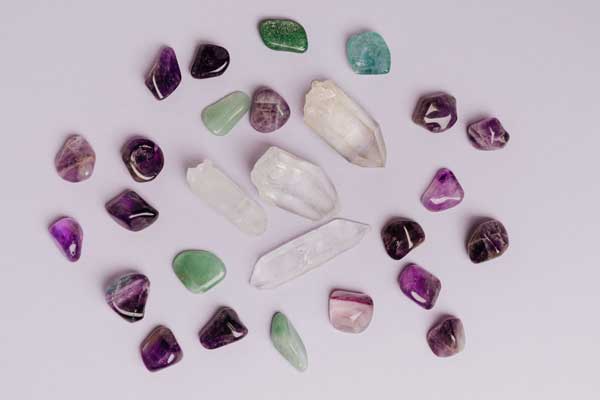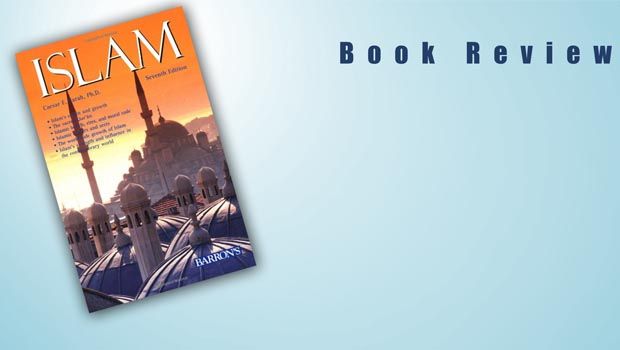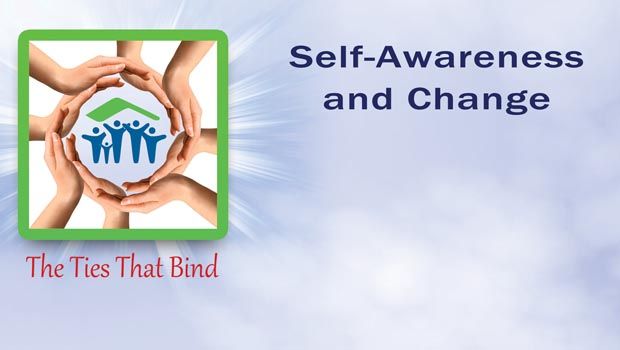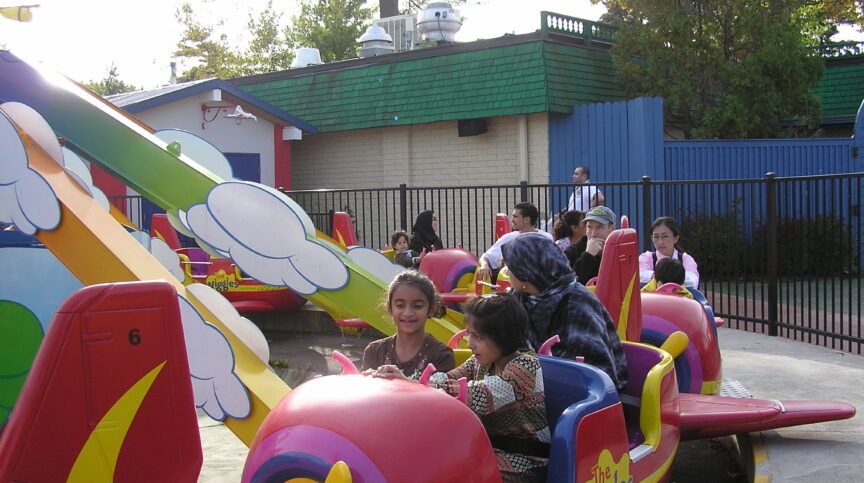“I have been married for seven years. My marriage is still not consummated. My husband is not interested in having an intimate relationship. I would like to have children. I am afraid of committing a sin. I don’t know what to do. Please help me.”
“I am an 18-year-old man. I am sexually attracted towards men. I have had these feelings since I was very young. I know this is haram, but I can’t help it. With all the new scientific evidence, maybe I was born gay. I am worried about it. Please help.”
“My husband is emotionally and physically abusive. We have been married now for eleven years. I have two daughters. I am afraid for them also, because when my husband gets into a rage, he is uncontrollable. I haven’t told this to anyone. I don’t want to get him into trouble. What can I do?”
All of these people did not believe that they had any choice in the matter. They felt stuck. Even when they were told that they do have some choice in the matter, they did not see the alternative presented to them as a choice.
It is not uncommon for us to feel that we do not have any choice in a particular matter. Having experienced such feelings myself and having worked with people who have felt extremely stuck has prompted me to give some serious thought on the matter of choices. Do we really have any choice at all? If not, how can we ever be held accountable here on this earth or in the life hereafter for what we did or did not do? If yes, do we have the liberty to make choices in each and every aspect of our lives?
After some research and contemplation, the truth appeared to be somewhere in the middle. We do not have any choice in many matters of our lives, yet we do have choices in many others. As a matter of fact, we are faced with making choices all the time in our daily lives.
It is crucial to recognize the purpose of choices and their implications on our life here
and in Hereafter
The alarm goes off at five o’clock in the morning. You wake up, reach out for the ‘snooze’ button, hit it, turn around, and go back to sleep. Eight minutes later, the alarm goes off again; annoyed, you wake up again, thinking to yourself, “I feel so tired and haven’t had much sleep during the night; maybe I should just keep sleeping for another hour. There will still be time for me to pray Fajr at home instead of going to the masjid right now.” You turn the alarm off and go back to sleep. You just made a choice.
You finally get up. It is already late, you pray Fajr in a hurry, go to the kitchen, grab something to eat, and run out of the house to get to work. Two hours later, your wife calls in a bad temper telling you that you left the stove on with the frying pan still on it, which got burned. She is quite upset about it. You feel annoyed, thinking to yourself, “Here she goes again making a big deal out of everything; I didn’t do it on purpose, so she doesn’t have to yell at me.” But, you think that there is no point in getting into an argument with her, for it would only make her and you more angry, so you say to her, “Sorry, dear, I was in a major rush this morning, I must have forgotten to turn the stove off. I am so glad that you were home and turned it off. Thank you.” You made another choice and a good one.
As I mentioned earlier, we always have choices, limited and unappealing as they may appear to be at times, but we do have choices in many aspects of our daily lives. What we need to understand is where Allah (SWT) has given us the liberty of making choices and what He has predetermined for us. It is also crucial to recognize the purpose of choices and their implications on our life here and in hereafter. As a matter of fact, how and what we choose to do or not do may serve as an ultimate test of our wisdom.
In summary, we need to clearly understand the concept of choices, the importance of making choices, and their implications in our lives, our freedoms, and limitations in this regard, and how we can best go about making choices.
Remember, you always have a choice although it may not appear to be so; you are never totally stuck, and above all, not making a choice is also a choice.





